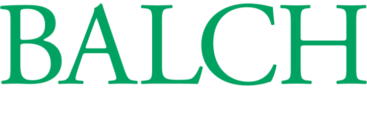The 2021 tax changes sure made themselves noticed. Inflation influenced the increase of income tax brackets. On the bright side, single people get a bigger deduction; married people get a bigger deduction, everybody gets a bigger deduction. Moreover, because of the pandemic, the deadline for filing was extended to May 17.
Tax brackets are, essentially, the rate that you have to pay in taxes, depending on your income category. Singles, married people filing together, married people filing separately, and head of household tax brackets counted for the following seven rates in 2020: 10%, 12%, 22%, 24%, 32%, 35%, 37%. And before we all start complaining about how costs went up by a couple of hundred dollars, it’s worth noting that we get better deductibles to make up for the increase.
The entertaining part that all taxpayers enjoy is juggling with different rates for different bits of their income. Itemizing takes more time, but it will save you more, too. A professional consultant will often be able to deduct twice as much as a novice taxpayer. It makes sense to invest in expert advisors, at least at the beginning of one’s adult life.
Popular tax deductions include charity donations, medical bill tax relief, business deductions for entrepreneurs. These all come at a cost: taking time to itemize. As for saved credit, you can claim a return on a low and middle income. The amount is strictly dependent on your situation, including the actual amount of money you earn, how much you make from investments (amounts below $3,650 contribute to your eligibility), whether you have children, etc. Child tax deductions can be as high as $3,600. Calculations take into account the parents’ income, family type, and the children’s age.
If you got a stimulus check in 2020, it is not taxable. Instead, it qualifies as a refundable tax credit. Struggling entrepreneurs benefiting from PPP loans (Paycheck Protection Program) to pay for basic expenses can have their loans forgiven. To be deemed eligible, business owners need approval from the Small Business Administration. But wait, there’s more. Unemployment benefits under $10,200 are tax-free for households with an income lower than $150,000. Other tax-friendly rules apply for educational expenses and 401(k) plans.
To conclude, if you file your taxes right this year, you might pay less than you expected. Other than that, due to the regulations balancing out financial aids and income, taxation should have the same outcome.

